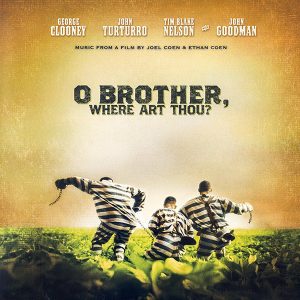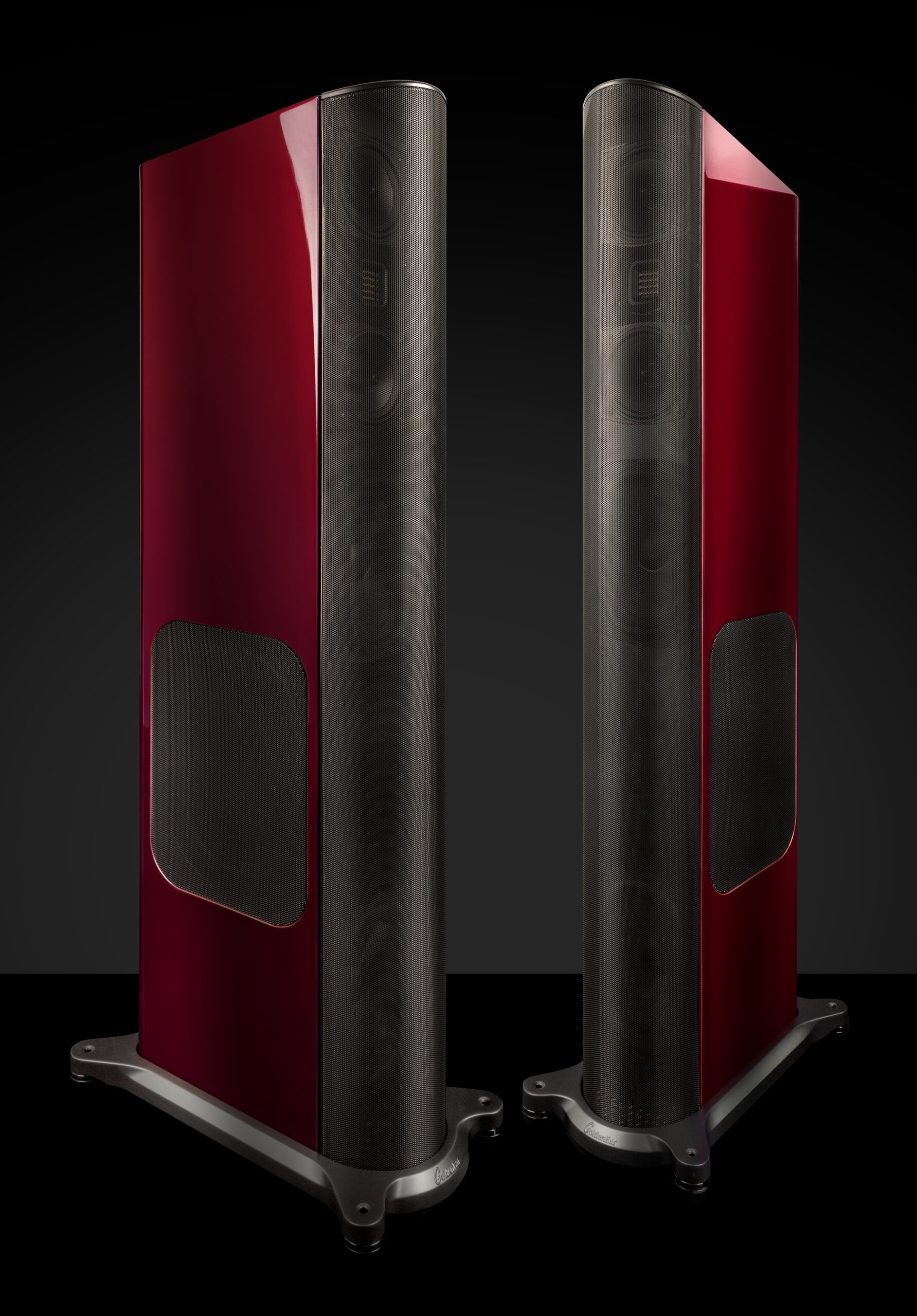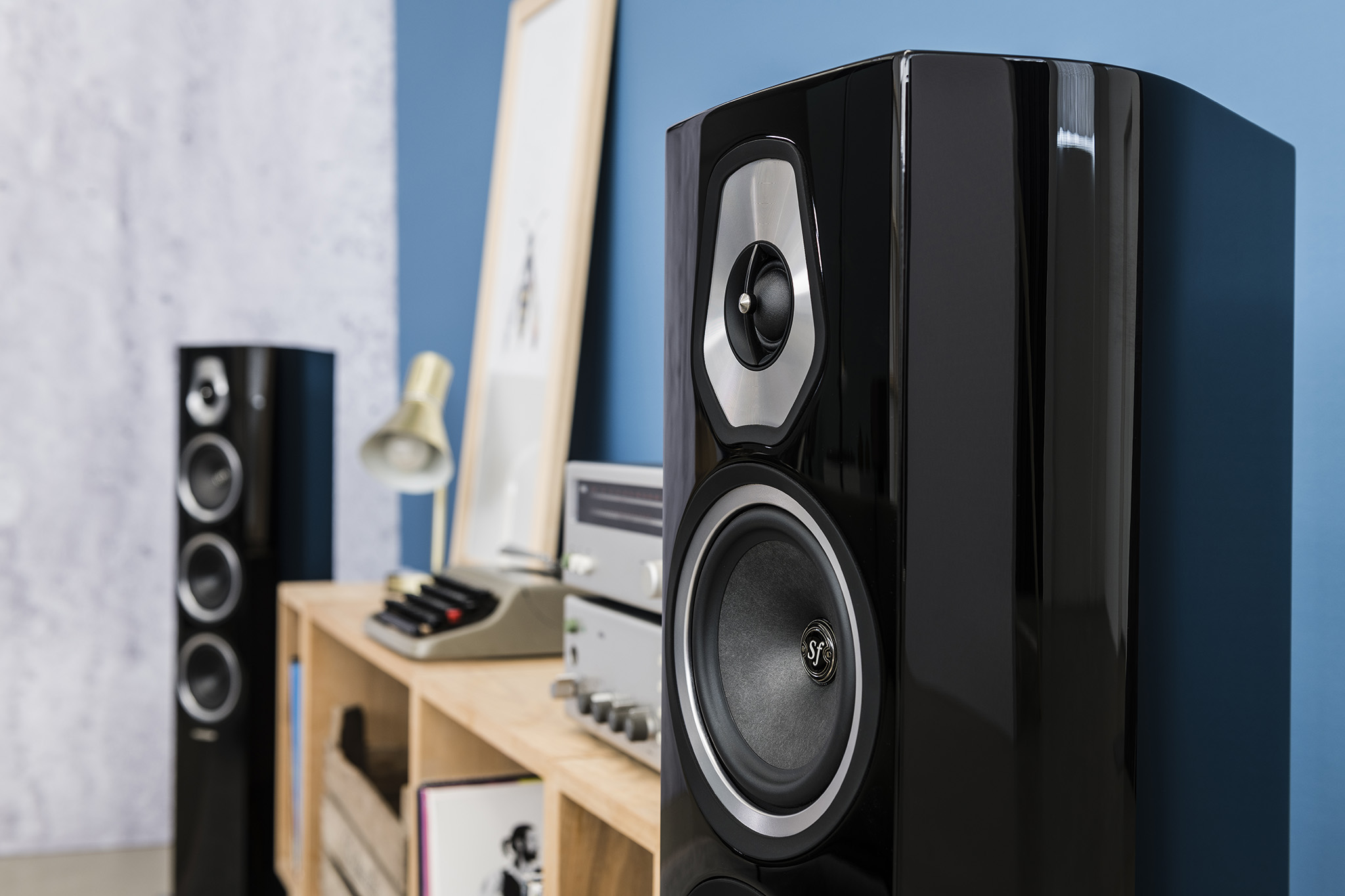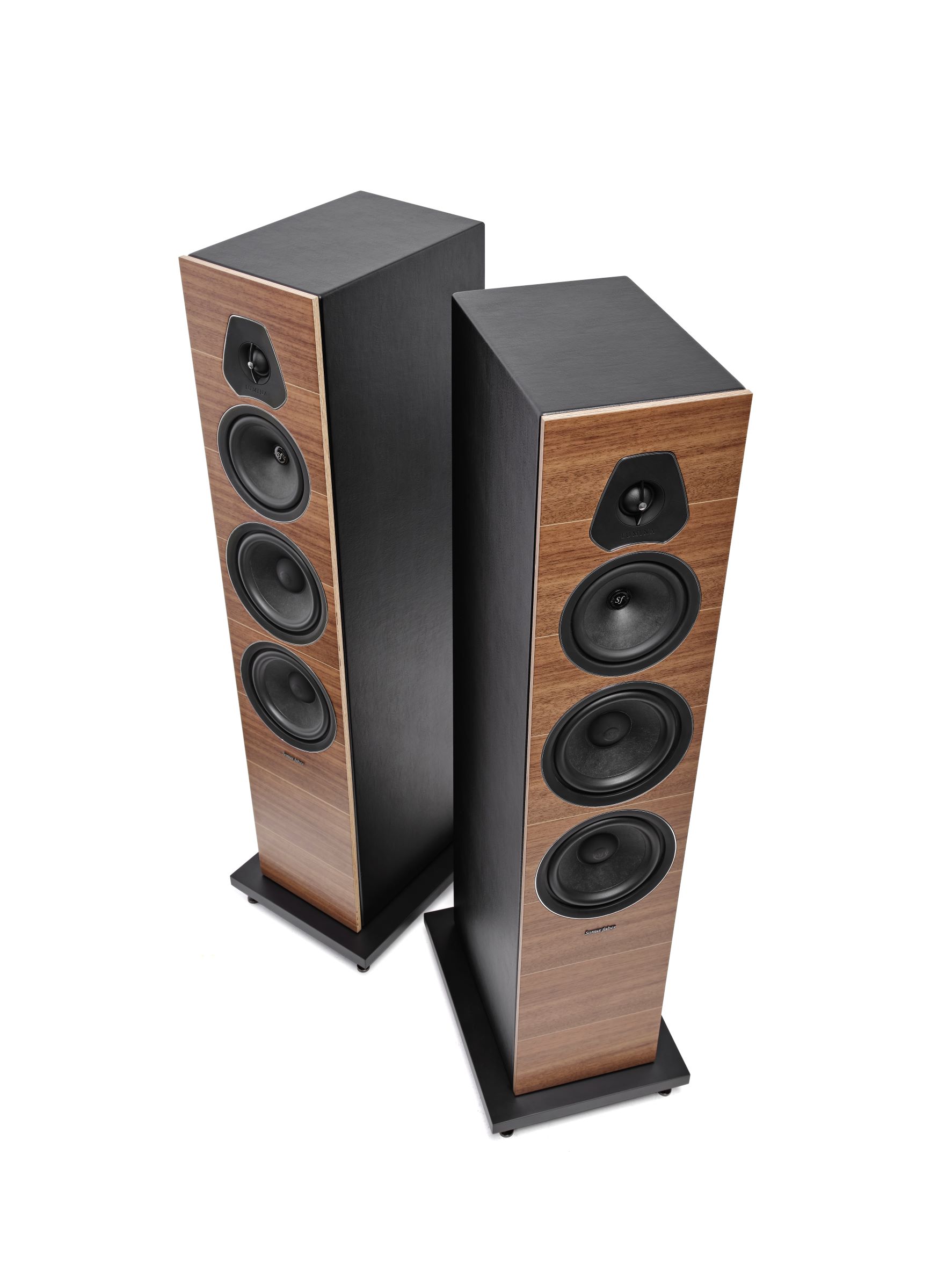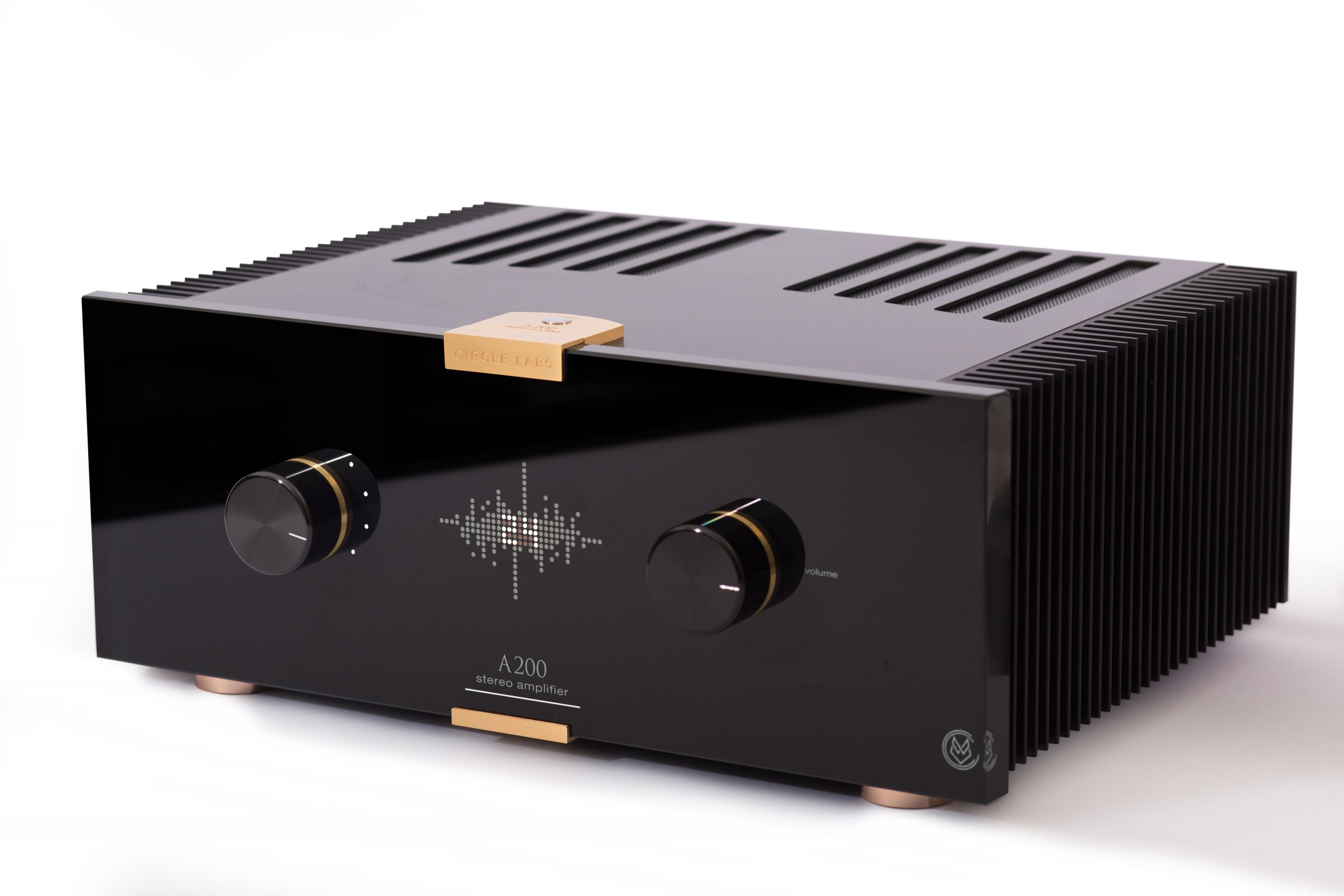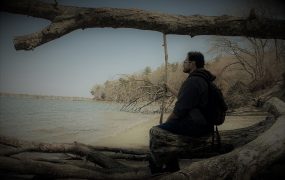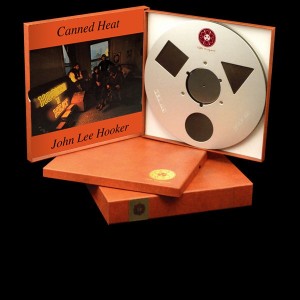O Brother, Where Art Thou. A twenty-year old movie soundtrack, with music written a century ago, is once again relevant today.
What a World
It is gray out, but the birds are singing and my children are sleeping soundly during these early hours of a Sunday morning. I am watching steam lazily rope out of my coffee cup, lit by the cool fluorescence of light coming through the window, and the only other sound is the gentle hum of the 1/6th horsepower compressor in my refrigerator pumping R290 gas to a high enough pressure where it condenses, once again renewing the refrigeration cycle.
This moment is peaceful. This moment is good. The world is in shambles, but we have done this before. Mother Nature may have other plans at this time, but in dire uncertainty human nature seems to find peace in simplicity. What time exemplifies a need for finding peace more than the era of the Great Depression (1929-1939)? Life was far simpler, desperate, and so was the music.
While Duke Ellington, Count Basie, Benny Goodman and others kept people swingin' in jazz clubs to forget life for a little while, the haunting melodies of folk settled into the Dust Bowl of the American south. The latter is where I think we can find some comfort today. If I take some time to reflect on the hardships of daily life back then, and then parallel those hardships to today's debacle, it brings an oddly satisfying grin to my otherwise worried face. The trigger for this avalanche of musical thought occurred when queuing up an album I have not listened to in several years: The soundtrack to the 2000 hit movie O Brother, Where Art Thou (Mercury 170 069-2). For vinyl lovers, it is readily available in the used market. I do believe it is out of print at this time. (Lost Highway 088 170 069-1).
An Unexpected Musical Encounter
From time to time my seven year old son will hop on my lap, and eleven year old daughter will sit in front of me on the floor while I play "silly" songs for them. Excitement filled me enough to raise my brow when I remembered the song "Big Rock Candy Mountain" from the O Brother, Where Art Thou soundtrack. This soundtrack sprung to popularity after the movie's release thanks to its well-recorded mix of modern-day artists capturing authentic Dust Bowl era music.
"Big Rock Candy Mountain" was written in 1928 by Harry McClintock, and appears as an original mono recording on the soundtrack. What a simple journey through the daydream of a hobo! My kids laughed at the imagery in the song of things like cigarette trees, cops with wooden legs, and bulldogs with rubber teeth, but the timing of this moment was at the beginning of our modern-day pandemic. While I may have always understood from an academic standpoint why songs such as "Big Rock Candy Mountain" were written, it was not until this experience that I felt it in my heart.
Is that not where music comes from? The heart? Here is an artist (McClintock) who understood how to bring happiness to others during troubling times through his music. Now, nearly a century later, he is doing it again. Purposeful music is truly timeless. Awakening from my pseudo-fugue state after reflecting on this song, I found my kids lost their ability to sit still, and I was once again alone again in my listening chair.
A Lovely Experience
It was time to dive deeper into the muddy waters of the O Brother, Where Art Thou soundtrack. Before I did, however, I found myself pausing for a moment, my eyes washing over my HiFi rig, and being thankful for everyone in the audio chain that make these experiences possible. While I can enjoy music on just about anything, being able to experience music in a fidelity rich enough to preserve the artist's message so it does not have to be sought out, rather grabs the attention of the listener, is fundamentally what connects us all in the audiophile epic. We are more isolated than ever, but we have always (and continue to) share this together.
I digress. "Po' Lazurus" starts the O Brother, Where Art Thou soundtrack and frames the Dust Bowl well. It's another old recording led by the soulful voice of James Carter singing in a prison gang that is chopping wood. These songs, known as "Bad Man Ballads," or African-American work songs, provided deep meaning in a time where many African-Americans were unjustly sent to prison over bogus crimes, thanks to ignorant racism. Yet the resolve, and faith of the African-American community can be so clearly heard here, telling a somber story with a strong biblical overtone. Through music they all unite, find peace being together, and by the grace of God find comfort in their terrible, terrible lot.
Let's address this now: I am not a religious man, however much of the music from the Dust Bowl era revolves around strong religious faith. I ask all readers not to focus on specific references to God and particular aspects of religion that may not always follow one's personal paradigm. Focus on the meaning of their art, and look into the music itself. That is where the real gift is, and why we should be listening in the first place.
Next comes "Big Rock Candy Mountain," then "You Are My Sunshine." Jimmie Davis and Charles Mitchell wrote the latter, and it is considered a famous American Classic. So famous, it is sung by schoolchildren some eighty years after its original publishing in 1939. This is where the brilliance of the O Brother, Where Art Thou soundtrack begins to show, as it paints a lovely musical dichotomy from the more somber music defining the Dust Bowl, to the pastel dream-like songs of joy and perseverance.
Alison Krauss shows up as an artist multiple times throughout the soundtrack. Her ability to sing from the heart, both acapella and with accompanying vocalists, is highlighted in the Christian folk-hymn "Down in the River to Pray." This recording is a tremendous vocal recording that could be used as a reference for any audio evaluation. Alison is joined by the lovely Gillian Welch for a duet of the 1929 hymn "I'll Fly Away." A third singer-songwriter, Emmylou Harris, rounds off these powerhouses for the very dark "Didn't Leave Nobody but the Baby." These tracks featuring three amazing female artists captures the strength, resolve, and the acceptance of hardship any difficult time requires. Alone, this trio of tracks would make the O Brother, Where Art Thou soundtrack a worthy part of any music collection.
Along comes The Soggy Bottom Boys! A fictional music group created for the movie, but pays homage to the bluegrass band The Foggy Mountain Boys. "Man of Constant Sorrow," published in 1913 by Dick Burnett, was considered by critics to be the crown jewel of the O Brother, Where Art Thou soundtrack, which went eight times platinum. Led by the good ol' boy vocals of Dan Tyminski, this song of masculine resolve and rebellious unacceptance of the troubled Great Depression has just enough underlying fear in the lyrics to make it both extremely entertaining, and uplifting. The song is recorded well, capturing all facets of instrumentation and vocal performance as well as it should. It is entertaining, and twists the arm of heavy times just enough to bring a smile to the listener's face.
There are three variants of "Man of Constant Sorrow" on the O Brother, Where Art Thou soundtrack, including a wonderfully played guitar only version performed by Norman Blake. What's more interesting is the performance of the Vaudeville novelty song "In the Jailhouse Now" by The Soggy Bottom Boys. Actor Tim Blake Nelson actually sang the song in the movie while "Man of Constant Sorrow" was lip-synched on screen by actor George Clooney.
Comfort From, and Reflecting Upon Good Music Does Not End
Even now, I am entertaining myself while I share this small oasis in troubling times with all of my friends in the audio community thanks to PF. I would love to paint all nineteen tracks of the O Brother, Where Are Thou soundtrack on the screen before you, but the sampling above leaves enough of the music to still be explored by a keen listener. I cannot provide a higher musical recommendation in the context of the times we are in. Especially because these are not quick-fix songs of bubblegum happiness, rather meaningful pieces of music representing true perseverance and enduring togetherness. I have a hunch that many of us are looking for new music, or to re-awaken our love for what has come before us. What better time is there than now?
Since I started pecking away at the keyboard, my children are awake filling my home with joyful noise, most of the morning has lapsed, and the reality of finding a way to navigate through this new world we are living in has begun to creep back in to my mind-space. It is reassuring to know that I can return to my mind's ear to the ghost of music that was so brilliantly written and carefully preserved during one of the most trying times in history. What's old has become new again, relevant, and comforting, in the form of Great Depression era folk music.
It is funny how this music found its way into my heart through an unlikely source: A movie. O Brother, Where Art Thou is a thoughtful cinematic adventure based loosely on Homer's epic The Odyssey. The attention given by the writers Joel and Ethan Cohen to the influence music had during The Great Depression is an art in of itself. I am going to file my unemployment claim now while my workplace remains closed, but soon after:
"I'ma goin' to stay
Where you sleep all day,
Where they hung the Jerk
That invented the work
In the Big Rock Candy Mountains"
Associated Equipment
- Bricasti M1 DAC/Network Player
- JRiver Software
- Parasound A21+ Amplifier
- Stoic Soundworks Diomede Loudspeakers (from my small, artisan loudspeaker design shop)
- Cardas Clear Balanced Interconnects and Loudspeaker Cables




